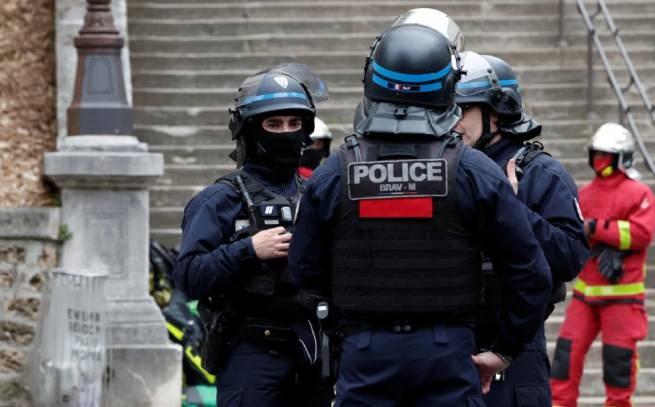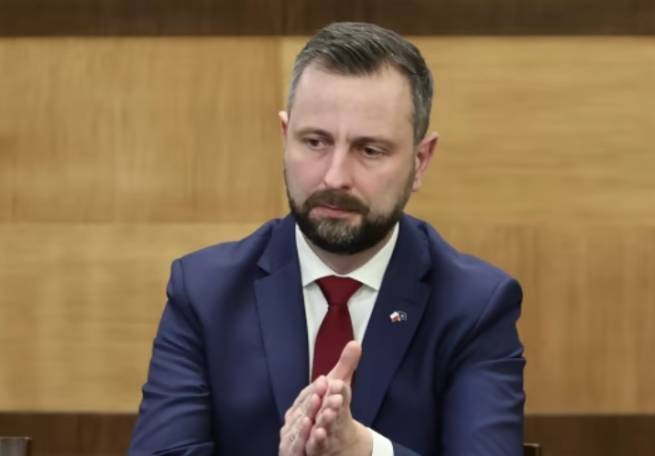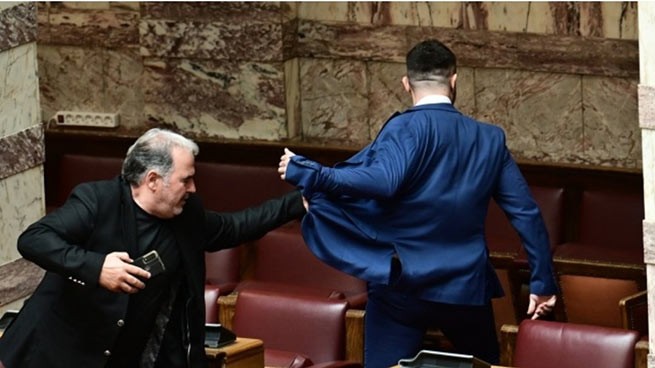The human rights organization Human Rights Watch (HRW) published yesterday a report on torture and kidnappings in the Kherson and Zaporozhye regions, in southern Ukraine.
According to human rights activists, while working on the report, they talked with 71 people. All of them were from different regions: from Melitopol, Kherson, Berdyansk, Skadovsk and other 10 cities in Zaporozhye and Kherson regions occupied by Russian troops. 42 specific cases are described when the Russian authorities abducted and detained civilians, most of them were subjected to torture. Human Rights Watch also documented the detention and torture of three prisoners of war serving in the Ukrainian territorial defense forces, two of whom have died.
According to HRW, people interviewed spoke about torture, mostly beatings and the use of electric shocks. The organization’s website says:
“They described injuries including broken ribs, other bones and teeth, severe burns, concussions, ruptured blood vessels in the eye, cuts and bruises.”
The former protest organizer, who asked not to be named, told HRW that he was beaten with a baseball bat by the Russian military during his detention. Another protester was hospitalized for a month with injuries from beatings while in custody. A third said that after a week of detention, his kneecap and ribs were broken.
The wife of a man detained by Russian forces for four days after a search of his home in early July said the kidnappers “beat my husband with a metal rod, gave him electric shocks, injured his shoulder and gave him a concussion.” More facts are on official website of the organizationwhere the report is published.
From the very beginning of the occupation, the document says, the Russian military pursued the goal of detaining or capturing not only the military personnel of the territorial defense forces, who, in accordance with international humanitarian law, should be treated as prisoners of war, but also local mayors and other government officials, police officers, and also participants in anti-occupation protests, journalists or others who allegedly have security-related information or oppose the occupation.
For this report, Human Rights Watch conducted face-to-face interviews with individuals in Kyiv, Lvov, Dnipro, and Zaporozhye, as well as telephone interviews.
Currently, the entire Kherson region and the southern part of the Zaporozhye region are under the control of Russian troops (since March). There is practically no mobile communication there, only Russian TV channels on television, and recently the pro-Russian “authorities” promised to expel citizens from the region for “discrediting” the Russian army and spreading “fake stories” about it.
Irina Vereshchuk, Deputy Prime Minister of Ukraine, in early July called on civilians in the Kherson and Zaporozhye regions (occupied areas) to evacuate “by all available means.” She noted that “staying on the territory of the Kherson or Zaporozhye region is many times worse and more dangerous” than on land controlled by the Ukrainian authorities, since the Russian army “uses Ukrainians in the occupied territories as human shields,” writes “New newspaper. Europe.”.
Earlier, our publication told how Vlad Buryak, the son of a high-ranking Zaporozhye official, detained by Russian soldiers in early April, when he left his native Melitopol in the direction of Zaporozhye. In prison dungeons, a minor teenager spent a long 90 days.







More Stories
Poland is ready to assist Ukraine in the return of draft dodgers
First negotiations between Ukraine and the Russian Federation on displaced children (video)
"Inflated hopes and delay in the onset" – what to expect on the battlefield in Ukraine